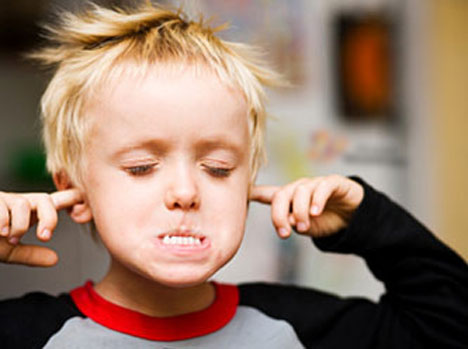Every child experiences mood swings from time to time. These might include a sudden change in mood for no apparent reason, or an unexpected change in their overall behavior. In most cases, these changes are rather mild and don’t last long, so there is nothing to worry about. However, in rare cases, mood swings could indicate something more is going on. Mood swings that occur frequently, are extremely severe or are accompanied by violent behavior could be cause for concern. These mood swings might start as early as age five or six, but as a child gets to the adolescence age, mood swings might become more common.

What Causes Mood Swings in Children?
The causes can be wide and varied. Mood swings might occur due to the environment a child is raised in, any nutrition needs that are not being met, or lack of physical health. They might also be affected by an unappealing physical appearance or some characteristics about themselves they don’t like. In some cases, kids can actually inherit mood swings – if their parents have mood swings, children are more likely to have them too.
Sleep issues such as inadequate sleep or too much sleep can also cause mood swings. Both can make a child lethargic and as a result, irritable. A child who has difficult parents, has trouble with learning abilities, faces bullying in school, or has otherwise troubling issues might be more prone to mood swings.
In some cases, the mood swings in children can be related with disorders which need special attention and professional treatment.
|
|
Causes |
Symptoms |
Treatments |
|
ADHD |
|
|
|
|
Alcohol-related Neurodevelopmental Disorder |
|
|
|
|
OCD |
|
|
|
|
Anxiety Disorder |
|
|
|
|
Bipolar Disorder |
|
|
|
How to Deal with the Mood Swings in Children
For the previous disorders, be sure to seek professional help. Here are some tips to help the mood swings in your children.
- Understand their struggle. Kids are busy with homework, scores, and social problems every day, so their life is also quite stressful. Sometimes, a bad exam can make them feel blue. Try to understand them and provide them with as much support as possible.
- Monitor their sleep. Nice sleep help manage the mood swings. Set scheduled bedtimes of weeknights and weekends and stick to them. You can remove devices such as computer and television from your child's room if necessary.
- Offer great food. Do your part to ensure they eat healthy foods, with plenty of fruits and veggies. Try to limit the fast food or processed foods, as these might worsen mood swings.
- Make life easier. As kids get older, they get busier. A child who is struggling under a busy schedule might need you to step in and ensure that they have enough free time to breathe and do their own activities.
- Invite friends over. Friendships can be a powerful tool against depression and mood swings in children. When mood swings get tough to deal with, allow them to talk to a friend who understands what is doing on.
- Create time to relax. Give your child plenty of time to relax and simply do what they want to do. This time to ‘chill’ can help them gain a new perspective on things that might be bothering them.
- Make family a priority. Family time is a must in order to stay connected with your kids. Besides that, it gives you an opportunity to look for symptoms that might be troubling. It also provides children with the certainty that they can turn to you if they need to.
- Get lots of exercise. Exercise can have a strong effect on mental health. Ensure your child does a lot of activity. An organized sport is great, but if they aren’t into that, family time on the hiking or on the bikes will help get them out and become active.
- Be there for opening up. Sometimes mood swings happen because they are dealing with something too big for them to handle. Ask your child about their life and find out what is going on. They might allow you to help them figure things out.
